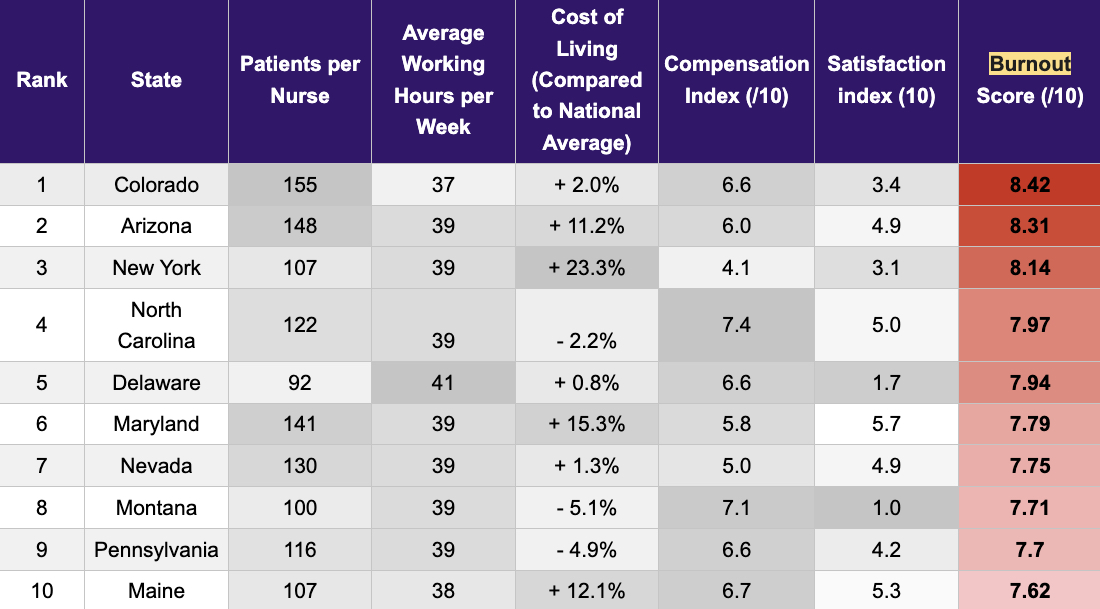Health Care News – Read More
When is a Medicaid cut not actually a cut?
That’s the $800 billion question facing Senate Republicans as they write their own version of the sweeping House-passed tax and spending bill.
Administration officials and senators defending against attacks on the bill have coalesced around a message that there will be no cuts to benefits, and the only people who will lose coverage are the ones who never deserved it to begin with: namely immigrants without legal status and “able-bodied” individuals who shouldn’t be on Medicaid.
“This bill will preserve and protect the programs, the social safety net, but it will make it much more commonsense,” Office of Management and Budget Director Russell Vought said during a recent CNN interview. “That’s what this bill does. No one will lose coverage as a result.”
Among many provisions, the House bill would require states to deny Medicaid to people who can’t prove they are working, looking for work, in school or volunteering for 80 hours a month. It would prohibit states from using their own money to cover immigrants without legal status and would deny coverage to other lawfully present immigrants who are currently eligible.
According to the nonpartisan Congressional Budget Office (CBO), the legislation will result in nearly 11 million people losing health insurance coverage over the next decade.
The Medicaid provisions alone would result in 7.8 million people losing their insurance. Those coverage losses would equate to hundreds of billions of dollars in savings for the federal government.
However, GOP lawmakers and administration officials insist the legislation will protect Medicaid for “deserving” people such as the elderly and disabled, while forcing others to prove they aren’t freeloading.
“It’s important for us to provide a nudge to some Americans to remember that they have agency over their future,” Mehmet Oz, the administration’s Medicare and Medicaid chief, told reporters on Wednesday, following a closed-door meeting with GOP senators.
Later Wednesday in an interview on Fox Business, Oz elaborated.
“Go out there, do entry-level jobs, get into the workforce, prove that you matter. Get agency into your own life,” he said.
Republicans are wary about being attacked over health care cuts, and they’re eager to reframe the debate and try to go on offense. Voter backlash over the 2017 ObamaCare repeal effort led to widespread GOP losses and cost them control of the House in the 2018 midterms.
“Give me a break, This is just fear-mongering from Democrats,” Sen. Bill Cassidy (R-La.) said in a post on the social platform X. “No one’s losing health care—unless you count the 1.4 million illegal immigrants getting Medicaid on your dime.”
Most immigrants without legal status can’t qualify for Medicaid at the federal level, but some blue states have extended health care coverage to them. The legislation would penalize those states if they continued to offer coverage by lowering their federal matching rate.
In a CNBC interview Thursday, Sen. James Lankford (R-Okla.) said the people who lose Medicaid coverage will merely transition to employer-sponsored health care.
“It’s not kicking people off Medicaid. It’s transitioning from Medicaid to employer-provided health care. So yes, we’ve got 10 million people that are not going to be on Medicaid, but they then are going to be on employer-provided health care,” Lankford said.
Yet according to the CBO, “few of those disenrolled from Medicaid because of the policy would have access to and enroll in employment-based coverage.”
A bloc of Republican senators has been raising concerns about some of the Medicaid provisions, and some have said they do not like the idea of anything that could be interpreted as a cut.
But by and large, they’ve signaled the coverage losses aren’t what’s troubling.
“[We need to] protect the program for the people that really deserve and need the help and need the program, you know, and that’s children, disabled, seniors, on and on and on,” said Sen. Jim Justice (R-W.Va.)
“That’s what we got to do. You know, at the end of the day, we shouldn’t be protecting the program for people that are abusing or people that shouldn’t be eligible, or whatever.”
Sen. Josh Hawley (R-Mo.) has said he worries about the bill’s potential impact on rural hospitals and pledged to withhold support from any bill that cuts Medicaid benefits.
But what is a benefit cut?
“If my state tells me that, because of legislative changes in the House bill, the Senate bill, we’re going to have to cut benefits. That’s a benefit cut,” Hawley told The Hill.
Missouri has 1.3 million Medicaid beneficiaries, but Hawley said he thinks there would only be a small number impacted by the work requirements.
“I’m fine with people who are able-bodied and not working … I’m all for that. So you know what, cut benefits from illegal aliens. Yeah, I’m fine with that, but I’m concerned about people who are here legally, residents of my state, citizens of my state, who are working and would lose health care coverage,” he said.
Hawley has said that President Trump reiterated his opposition against any Medicaid cuts during recent conversations about the “big, beautiful bill,” though the president supported the House version.
Health experts say the impact of the cuts will go far beyond the small slice of the population Republicans claim.
Work requirements will likely add layers of red tape for people to prove they meet the threshold.
“The people losing coverage aren’t people who aren’t working … but they’re actually people who should satisfy the work reporting or should qualify for an exemption, but they can’t navigate the complex systems for either reporting one’s hours for work or other activities,” said Edwin Park, a research professor at the Georgetown University McCourt School of Public Policy.
The legislation includes some exemptions, like for caregiving, but it doesn’t specify what would qualify or how beneficiaries would prove they qualify. There’s no requirement that states exempt people automatically, Park said, so many people who would be eligible likely wouldn’t be enrolled.
No matter how Republicans spin it, Park said, “these are huge Medicaid cuts. They’re going to take away coverage from millions of low-income people.”
“And those cuts are going to affect everyone throughout the Medicaid program, not just the expansion group, but also kids, seniors and people with disabilities,” he added. “And it’s going to have big ripple effects throughout the health care system.”





